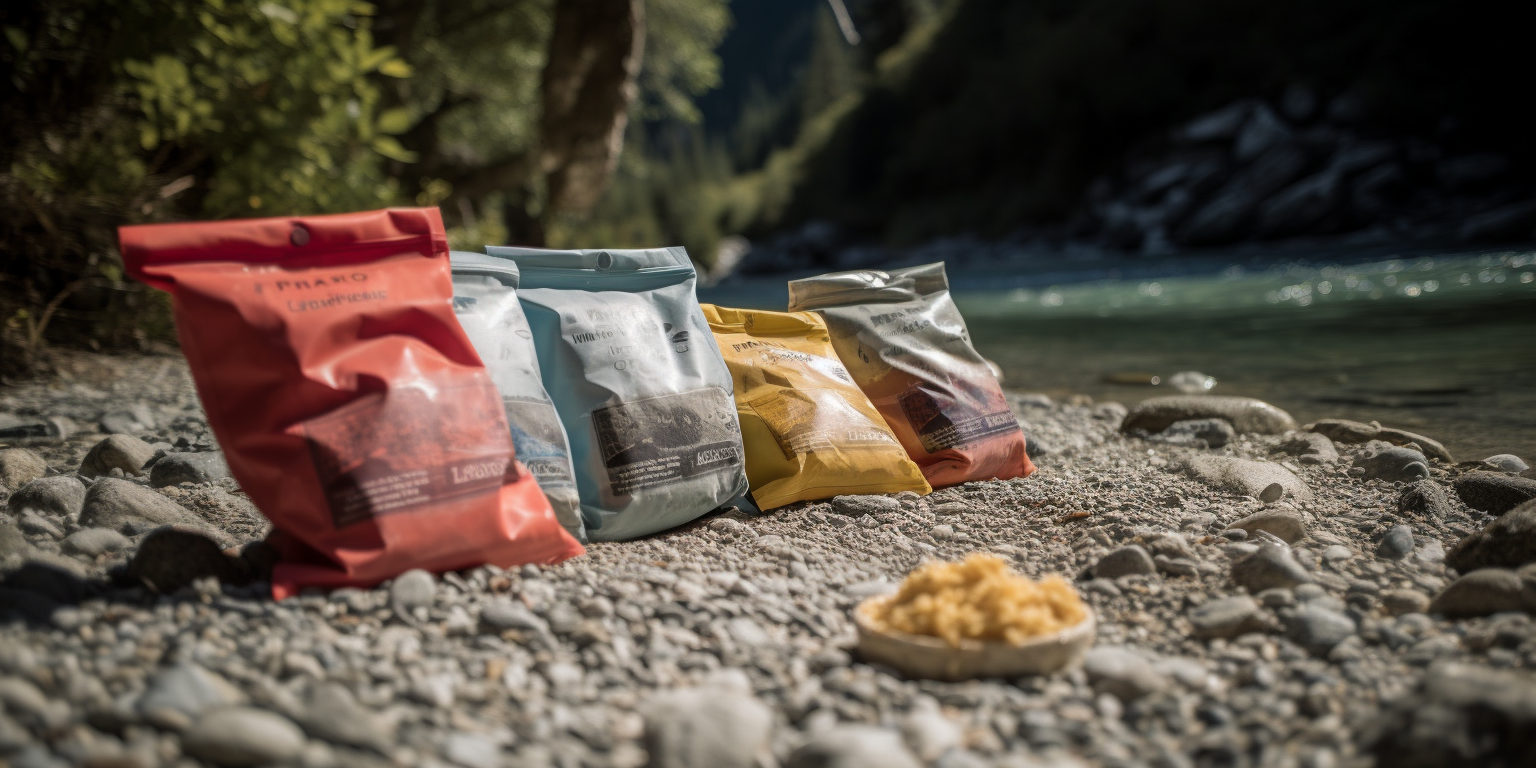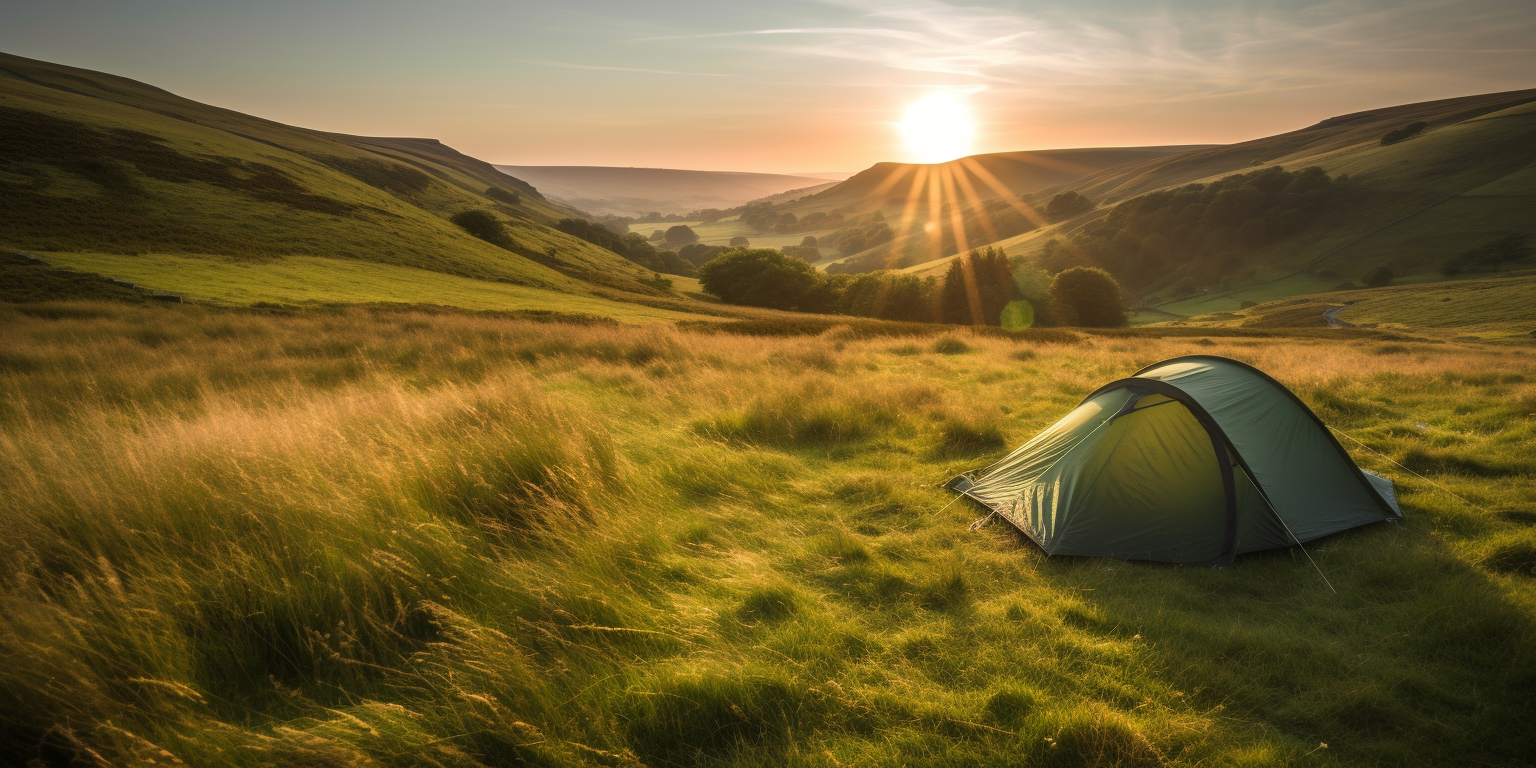
How to Balance Taste and Nutrition in Adventure Food Planning
How to Balance Taste and Nutrition in Adventure Food Planning
Embarking on an outdoor adventure, whether it's a multi-day hiking trip, camping, or a kayaking journey, requires more than just physical stamina and the right gear. Nutrition plays a crucial role in sustaining energy, maintaining health, and enhancing the overall experience. However, one of the challenges many adventurers face is how to balance taste and nutrition in their food planning. This article delves into practical strategies for preparing adventure foods that are both delicious and nutritionally sound, ensuring you stay energized and satisfied in the great outdoors.
- The Importance of Nutritional Planning for Adventure
Outdoor activities demand a significant amount of energy. According to a study by the American College of Sports Medicine, individuals engaged in outdoor activities like backpacking can burn up to 4,500 calories per day (essentially double your normal calorie requirements), depending on factors like weight, backpack weight, and terrain difficulty. Therefore, nutrition planning becomes paramount to replenish expended energy and support physical exertion.
- Understanding Nutritional Needs
A balanced intake of macronutrients – carbohydrates, proteins, and fats – is essential for outdoor adventures. Carbohydrates are the primary energy source, proteins are crucial for muscle repair and recovery, and fats provide long-term energy. Additionally, micronutrients like vitamins and minerals support overall health and immune function.
Essentially, in adventure food planning, the goal is not just to fuel the body but to do so in a way that supports sustained energy, rapid recovery, and overall health.
- Strategies for Balancing Taste and Nutrition
a. Experiment with Homemade Meals: Preparing your own meals allows for control over ingredients, enabling a balance of taste and nutrition. Dehydrating your own food, from spaghetti bolognese to chili, ensures you have tasty and nutritious options that are easy to rehydrate. You would however need the right equipment and the right know how.
b. Incorporate Variety: Avoid menu fatigue by planning a variety of meals and snacks. Different flavours and textures can make meals more enjoyable and prevent boredom.
c. Choose Nutrient-Dense Snacks: Snacks like nuts, seeds, dried fruits, and energy bars are not only lightweight and convenient but also packed with nutrients and flavours to satisfy hunger and provide energy boosts.
d. Utilize Freeze-Dried Meals: Modern freeze-dried meals offer a wide range of options that cater to various dietary preferences, including vegetarian and gluten-free. They are a practical choice for adventurers looking for a balance of taste, nutrition, and convenience.
e. Spice It Up: Carrying small amounts of spices or condiment packets can enhance the flavour of meals without adding significant weight to your pack.
- Hydration is Key
Hydration plays a critical role in physical performance and overall health. Adventure food planning should also include considerations for maintaining hydration. Electrolyte tablets or powders can be added to water to replenish minerals lost through sweat.
The European Food Safety Authority recommends an intake of 2.5 litres of water per day for men and 2 litres for women, with increased needs for those engaging in vigorous activities.
Ensuring that you have an adequate supply of water may mean you need to take it with you, or you might just need to have a method of filtering water that you access during your trip. Water purification tablets and straws are an effective solution in these scenarios.
- Food Safety Considerations
When planning adventure foods, food safety should not be overlooked. High-protein foods and dairy products, if not properly stored, can spoil and pose health risks. Opting for shelf-stable options or ensuring perishables are consumed early in the adventure can mitigate food safety concerns.
- Learning from Experts and Fellow Adventurers
Gleaning insights from experienced adventurers and nutrition experts can offer valuable tips for balancing taste and nutrition. Many outdoor enthusiasts share their meal planning strategies and recipes on blogs, forums, and social media platforms.
- Practical Considerations
Weight and space are critical considerations in adventure food planning. Opt for lightweight and compact food packaging, and prioritise nutrient density over volume to maximize the nutritional value of the food you carry. Prepacked freeze dried meals are ideal options as they are extremely light-weight and rich in nutrients.
- Incorporating Local and Seasonal Foods
For adventures not far from local communities or in areas where foraging is safe and legal, incorporating local and seasonal foods can enhance the taste and nutritional value of meals. Fresh fruits, vegetables, and even fish, if accessible, can provide a delightful break from packaged foods. For further guidance on foraging in the UK, we suggest you visit: Wild Edibles - Foraging Guide.
- The Future of Adventure Foods
Innovation in the food industry is continuously providing new options for adventurers. From plant-based protein sources to meals enhanced with superfoods, the future of adventure foods looks promising for those seeking both taste and nutrition.
Final Thoughts
Balancing taste and nutrition in adventure food planning is essential for a successful and enjoyable outdoor experience. By incorporating variety, focusing on nutrient-dense options, and preparing meals that satisfy both the palate and the body's needs, adventurers can ensure they have the energy and nutrients required to tackle any challenge. With careful planning and consideration for personal preferences and dietary requirements, the food you bring on your adventures can be something to look forward to, rather than just a means to an end.
Suggested Articles
Untamed Beauty: The UK's Top 10 Off-Grid Destinations for Adventure Seekers
Discover hidden gems and extraordinary landscapes as you embark on a journey to the United Kingdom's most remote and ...
Keep Calm and Paddle On: Emergency Food Supply for Water-Based Expeditions in the UK
Your guide to staying nourished and prepared for unexpected situations on your kayaking, canoeing, and rafting advent...
Camping in the UK's National Parks: Top Destinations and Tips for an Unforgettable Experience
The UK is home to 15 breath-taking national parks, each offering unique landscapes, flora, and fauna. Camping in thes...




